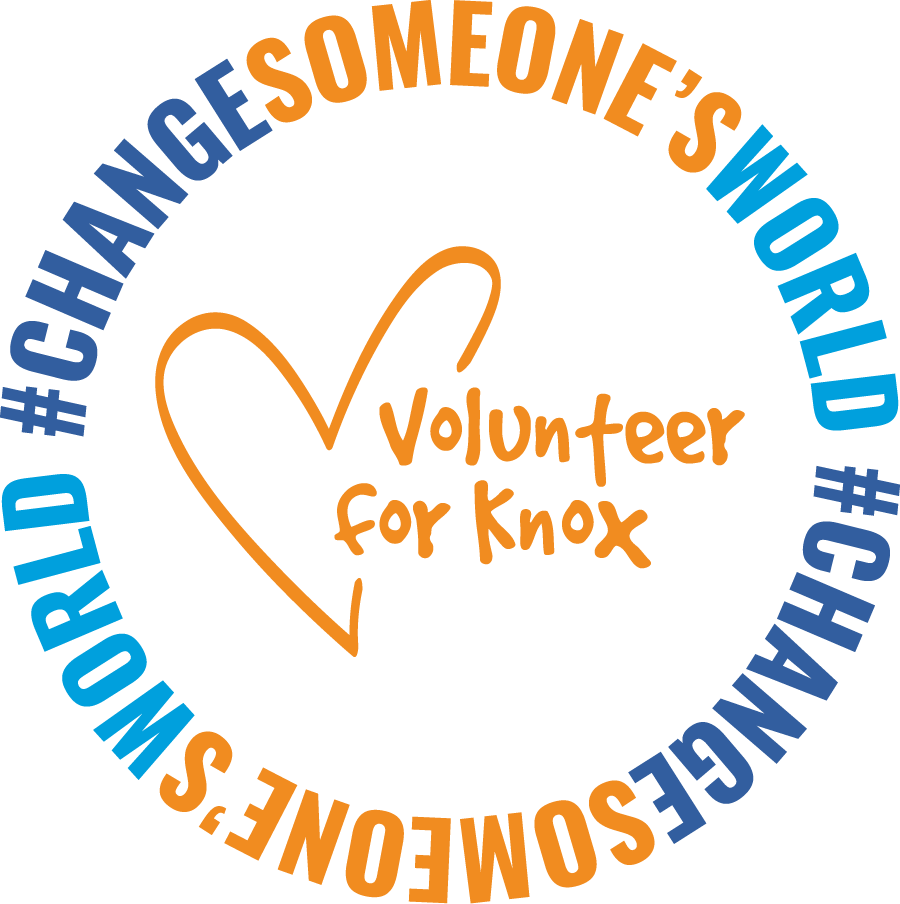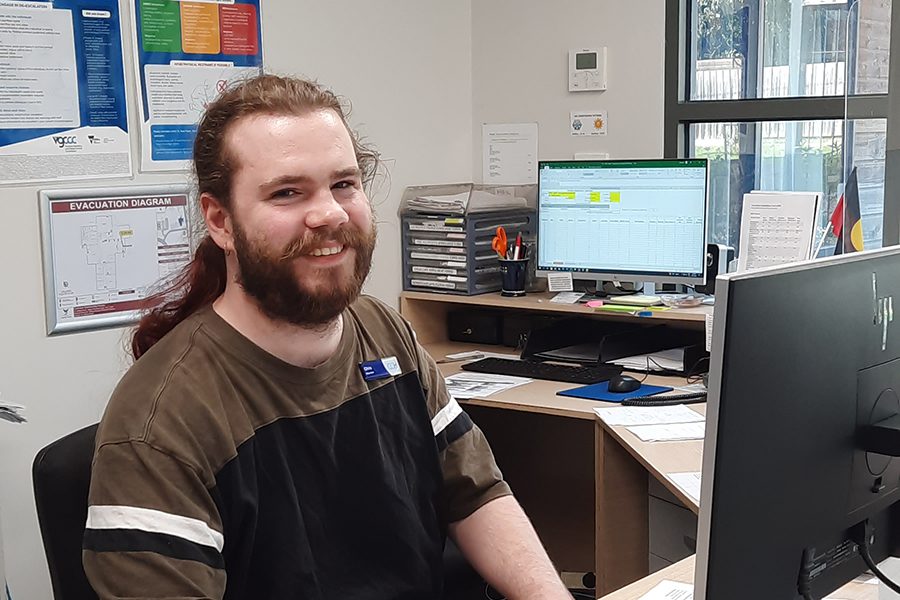Christopher Coutts, 22, volunteers in the community house sector as a receptionist one day a week.
Chris grew up in a “low income” family but was determined to stop the cycle and has enrolled in a Bachelor Degree of Information Technology and become the first in his family to complete a degree.
He also admits he’s on the Autism Spectrum but that hasn’t stop him from challenging himself.
“I’m regarded as a high functioning Autistic, meaning that I appear completely normal to the point where you wouldn’t realise that I had autism,” he said.
But one of his best qualities has shone through in his work as a receptionist.
“I have a caring heart of gold,” he said.
Finding employment has been hard work for Chris so volunteering was a great step in that direction.
“I was unable to land a job that worked with my university schedule,” he said.
“My only work experiences were as a glorified Stamper.
“I had medical conditions that required daily medical treatment and I managed to fall through the cracks when I tried to apply for payments from Centrelink due to not being a full-time student and being over 21.
“Thankfully my mother had been volunteering at the reception desk at Coonara Community House for a couple months, so I asked her to see if the community house would allow me to get volunteer work experience at the reception desk.
Initially Chris was reluctant to start volunteering being in his early 20’s.
“I did have reservations and lacked any source of income and I was concerned about the cost of fuel, tolls and just the travel to and from the volunteer position,” he said.
“Those were some pretty big reasons why I felt that doing volunteer work was a last resort.
“I used to think volunteering was something that people with too much disposable income and/or free time will resort to, or they are doing it because they have an agenda
Chris offered some tips to people his age who are thinking of volunteering.
“If you’re going to become a volunteer, you should be willing to treat it seriously,” he said.
“It’s wrong to think that just because you’re not being paid for the work you do, that you get the right to pull out your phone and look at social media,” he said.
“Another piece of advice, if you’ve done everything you’ve been provided, then ask if there is anything else that could be done.
“There is always more to be done. There is always a backlog of tasks that have been sitting around for days, weeks, months even and no one has had the time to do them.
“You’re being given the opportunity to up-skill and get work experience until you eventually get an offer for paid work.
“If you commit to going beyond the expectations of your volunteer employer, they’re going to speak extremely highly of you when potential employers contact them.
“You’re going to make mistakes, you’ll get something wrong or you’ll forget to get the name of someone ringing in.
“You need to ask questions. Not only is asking questions important for you to be able to perform your work, but you’re demonstrating that you are willing to seek out the answers, that you’re willing to learn instead of pretending you know what you’re doing until it’s too late.”



